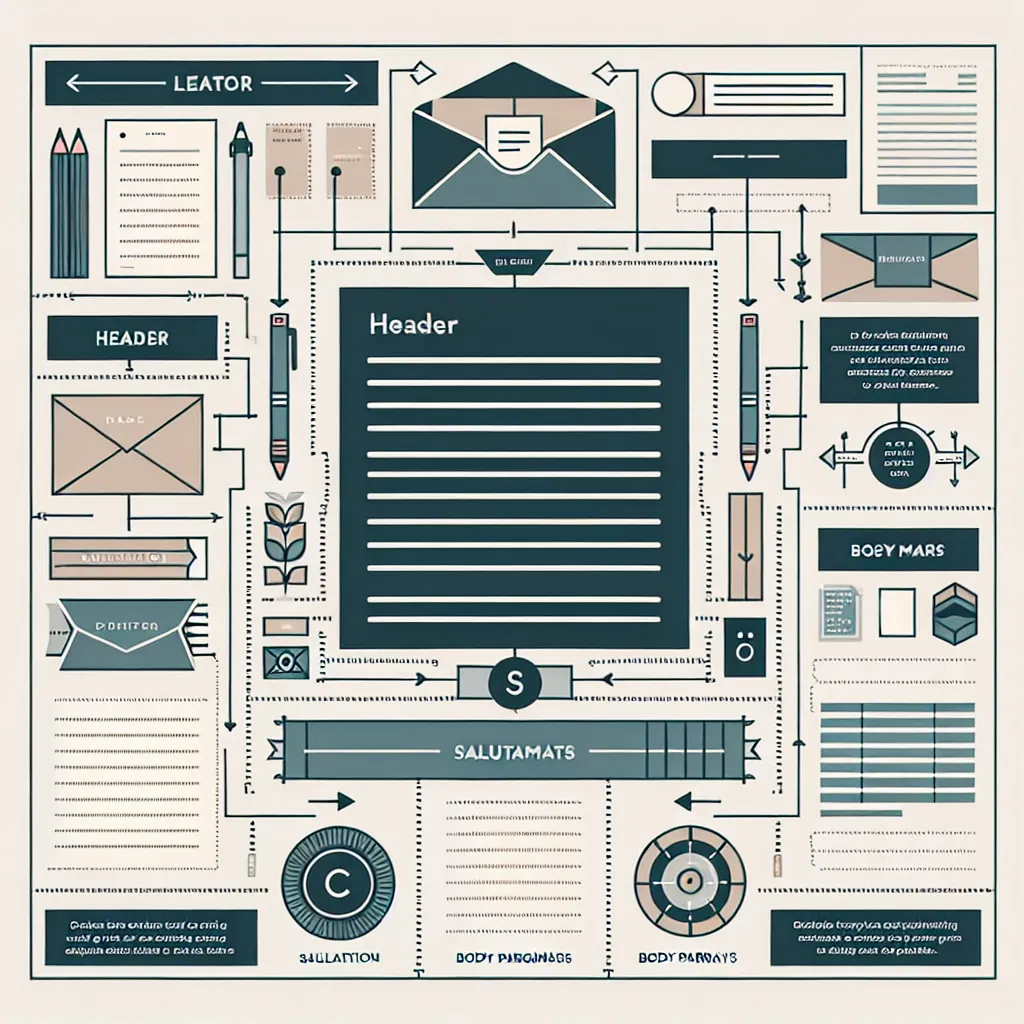Are you preparing for the Cambridge English exams and feeling anxious about the writing section, particularly Task 1? You’re not alone. Many test-takers find this part challenging, but with the right approach, you can significantly improve your performance. In this comprehensive guide, we’ll explore expert strategies to help you avoid common mistakes in Cambridge Writing Task 1 and boost your confidence.
Understanding Cambridge Writing Task 1
Before diving into the strategies, it’s crucial to understand what Cambridge Writing Task 1 entails. This task typically requires you to write a letter or email in response to a given situation. The examiners assess your ability to communicate effectively, use appropriate language, and organize your ideas coherently.
 Cambridge Writing Task 1 example
Cambridge Writing Task 1 example
Common Mistakes to Avoid
1. Misinterpreting the Task
One of the most critical errors candidates make is not reading the task carefully. This can lead to off-topic responses or missing key requirements.
How to avoid it:
- Read the task multiple times
- Underline key information
- Identify the purpose, audience, and required content
2. Inadequate Planning
Jumping straight into writing without proper planning can result in disorganized and incoherent responses.
How to avoid it:
- Spend 3-5 minutes planning your response
- Jot down main points and supporting details
- Create a basic outline before starting to write
3. Inappropriate Tone and Register
Using the wrong tone or level of formality can significantly impact your score.
How to avoid it:
- Identify the recipient and your relationship to them
- Choose language appropriate for the context (formal, semi-formal, or informal)
- Use suitable greetings and sign-offs
4. Neglecting Word Count
Falling short of or exceeding the word count can lead to penalties.
How to avoid it:
- Practice writing within the word limit (140-190 words for most Cambridge exams)
- Count your words as you write
- Leave time for final edits to adjust length if necessary
5. Poor Paragraph Structure
Lack of clear paragraphing can make your writing difficult to follow.
How to avoid it:
- Use a clear introduction, body, and conclusion
- Start each paragraph with a topic sentence
- Ensure logical flow between paragraphs
Essential Strategies for Success
1. Practice Time Management
Effective time management is crucial for completing the task successfully.
Strategy:
- Allocate 20 minutes for Task 1
- Use the first 3-5 minutes for planning
- Leave 2-3 minutes at the end for proofreading
2. Develop a Template Approach
Having a mental template can help you structure your response quickly and effectively.
Strategy:
- Create a basic outline for different types of letters/emails
- Practice using this template with various prompts
- Adapt the template as needed for specific tasks
3. Enhance Your Vocabulary
A rich vocabulary allows for more precise and engaging writing.
Strategy:
- Learn and practice using a range of formal and informal expressions
- Study phrasal verbs and idiomatic language appropriate for letters/emails
- Use synonyms to avoid repetition
 Vocabulary enhancement for Cambridge exams
Vocabulary enhancement for Cambridge exams
4. Focus on Cohesion and Coherence
Ensuring your writing flows smoothly is key to achieving a high score.
Strategy:
- Use a variety of linking words and phrases
- Ensure each sentence logically follows from the previous one
- Maintain a clear theme throughout your response
5. Proofread Effectively
Careful proofreading can help you catch and correct errors before submitting.
Strategy:
- Read your response backward to spot spelling mistakes
- Check for subject-verb agreement and tense consistency
- Ensure you’ve addressed all parts of the task
Next Steps: Putting Knowledge into Practice
Now that you’re armed with strategies to avoid common mistakes, it’s time to put your knowledge into practice. Here are some steps to take:
- Regular Practice: Set aside time each week to practice Writing Task 1 responses.
- Seek Feedback: Have a teacher or study partner review your work and provide constructive criticism.
- Analyze Model Answers: Study high-scoring sample responses to understand what examiners are looking for.
- Timed Practice: Simulate exam conditions by completing tasks within the allocated time.
- Reflect and Improve: Keep a log of your common mistakes and actively work on eliminating them.
Conclusion
Mastering Cambridge Writing Task 1 is an achievable goal with the right approach and consistent practice. By avoiding common mistakes and implementing the strategies outlined in this guide, you’ll be well on your way to improving your writing skills and boosting your confidence for the exam.
Remember, the key to success lies in understanding the task requirements, planning effectively, and practicing regularly. With dedication and the right techniques, you can overcome the challenges of Writing Task 1 and achieve the score you’re aiming for.
We encourage you to share your experiences and any additional tips you may have in the comments below. Good luck with your Cambridge exam preparation!
[internal_links]
- How to Improve Your Cambridge Reading Skills
- Top Strategies for Cambridge Speaking Test Success
- Essential Grammar Rules for Cambridge Writing Tasks
- Time Management Tips for Cambridge Exams
[/internal_links]




